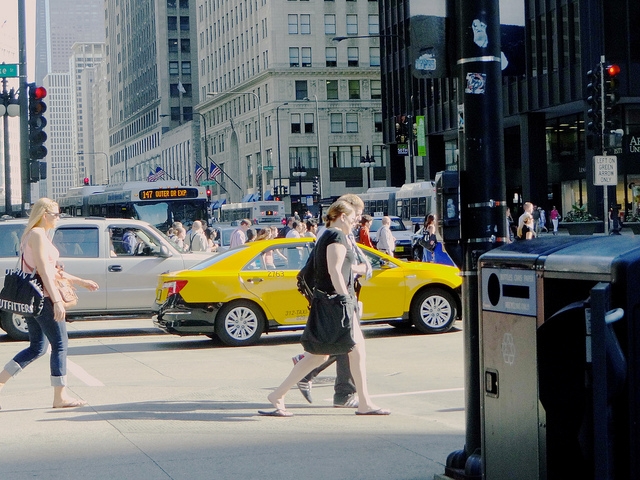
Cities gender policy : history and modernity
Avant le 15 octobre - Kharkov (Ukraine)
"L’Ambassade de France en Ukraine est à la recherche d’un ou une expert-e des questions de genre française pour intervenir à un colloque organisé à Kharkiv"
ІІІ International Scientific Conference
O. М. Beketov National University of Urban Economy in Kharkiv, Ukraine
Dates : October 23-25, 2013
Presentation content focus :
1. Gender equality as a city policy component.
Gender portrait of the city. "Political androcentrism." Women’s participation in decision making. Existing "barriers" (cultural, economic, political) for females. How does the municipal government operate and what is the role of sexism as an instrument of power ?
City and gender democracy. Women are more socially active at the local level (often self-organizing, participating in charity events, manifesting, etc.). But the question of conversion of women’s activity in the electoral lists remains relevant (including local elections).
Gender indicators of sustainable urban development. Gender Budget : implementation principles at local government level.
2. Gender asymmetry in the everyday life of residents.
In Ukrainian cities where 70% of the population live, there is gender discrimination in the right to access to quality living space "urban areas." Gender problems solving in the country largely depends on the ability of municipalities to create equal opportunities for women and men of different ages who live in different parts of the city. In the cities living space there is gender asymmetry, particularly in the way of providing the right to access to the "urban spaces" - the time and money spent to access : recreational areas (gardens, parks), educational and cultural establishments, health care facilities, shopping facilities, etc. Сountering trafficking in in human beings.
Gender approach to shaping social policy of the city. Providing friendly urban space (for children, women). Finding ways to convert "urban landscape" in the harmonious combination of rights and opportunities for women and men to "living spaces of the city." Integration of "gender indicators of urban space quality " in municipal policy. Training volunteers to implement gender equality.
3. Gender : historical, cultural, and philosophical contexts of city life.
The image of the city through the eyes of men and women, past and present. Constructing gender identity in the context of historical transformation of cities. How important cultural aspects and gender stereotypes are, and what is their role in the inclusion of women in political life ?
4. Safe City : Safe city for women - safe for all the people. Gender Audit of the city.
Feeling of danger prevents the use of living space by women (being in public places can cause anxiety and as a result - they try to avoid these areas).
Insecurity in cities is generated not only by crime and violence, but also by social, economic, cultural and domestic issues. Poverty, unemployment, inadequate wages, social isolation can lead to frustration among men and made women more vulnerable, especially if they are in "disadvantaged" areas of the city.
Women feel insecure because of the low quality or lack of municipal services (health, housing, etc.), poor quality or lack of housing. If women do not own property they are becoming less secure (fear of losing housing is an obstacle for women who want to leave partners who offend them).
Language : German, English, Russian, Ukrainian.
Deadline : October 15, 2013.
Registraition :: g.glicinia@gmail.com
Fichiers de syndication :
Statistiques :
Le site contient 4383 articles
